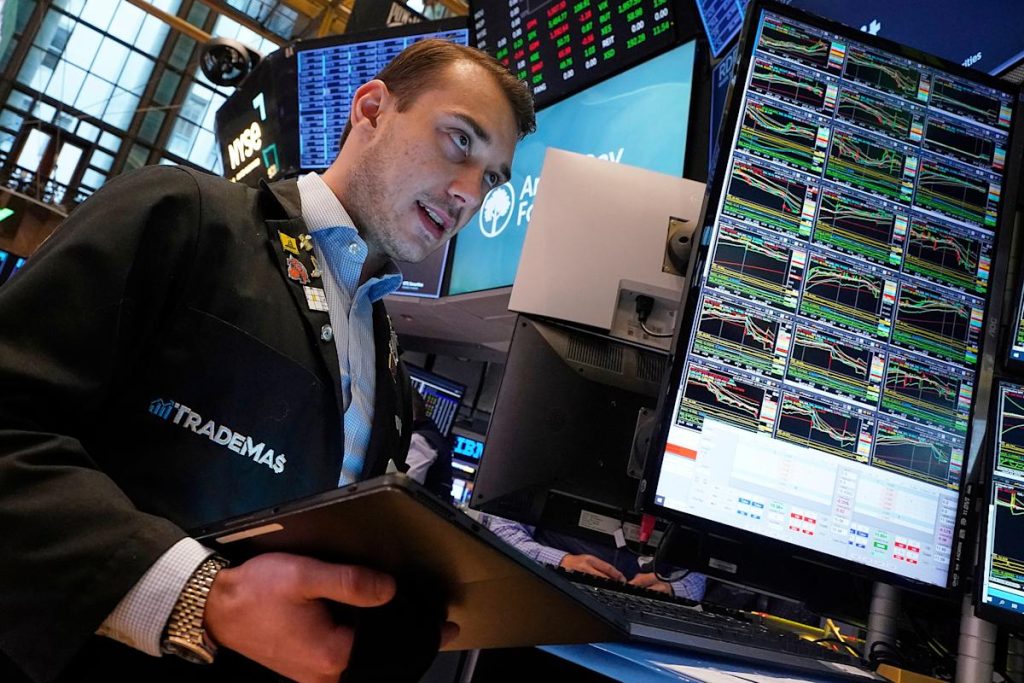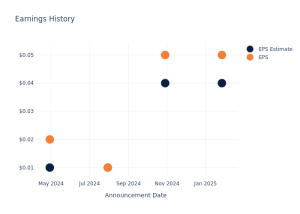
Stocks may be in tariff relief rally mode, but Wall Street’s biggest bear says investors should stay on high alert given the volatile backdrop.
“President Trump’s decision to walk back part of his tariff hikes has reduced the odds of a deep US recession. Nevertheless, stocks are not priced for even a mild recession, which suggests that the risk to equities is to the downside,” BCA Research chief strategist Peter Berezin warned in a new note.
Berezin gained attention for being the lone bear on Wall Street coming into 2025. Further, he correctly called in 2022 that there would be no US recession, despite most on the Street bracing for one. He has been an economist for more than 30 years, with stints at the International Monetary Fund (IMF), Goldman Sachs, and now BCA Research.
There are several reasons Berezin is staying the course with his calls for a 75% chance of a US recession this year and S&P 500 (^GSPC) to finish at 4,450 (current level: 5,525).
First, the current effective US tariff rate is still the highest since at least the 1930s, Berezin pointed out. The uncertainty around tariffs is beginning to cause companies to rein in capital expenditures, which could have ramifications for the job market.
Read more: What Trump’s tariffs mean for the economy and your wallet
The uncertainty and potential tariff-related price hikes could also weigh on the spending decisions of US consumers.
“We have these wired homes with the permission of consumers, we can track exactly what’s happening in the laundry room, for example, how many loads are done per week, what temperature are those loads, etc.,” Procter & Gamble (PG) CEO Jon Moeller told Yahoo Finance last week. “And what you see is a reduction in the number of loads that are done per week, currently going from about, if you go all the way back pre-COVID, about five loads per week to now about three and a half.”
The consumer staples giant cut its full-year sales and profit outlooks owing to economic concerns.
Second, recent economic data studied by Berezin suggests that the US economy was softening before the trade war began.
The Atlanta Fed GDP tracker pegs first quarter GDP as having dropped 0.4%. Goldman Sachs economists said GDP contracted 0.2% in the first quarter.
Consumer sentiment indicators also began to weaken in March versus prior months.
On stocks specifically, Berzin’s analysis showed markets aren’t pricing in a “meaningful deterioration in economic growth,” let alone a “full blown” recession.

